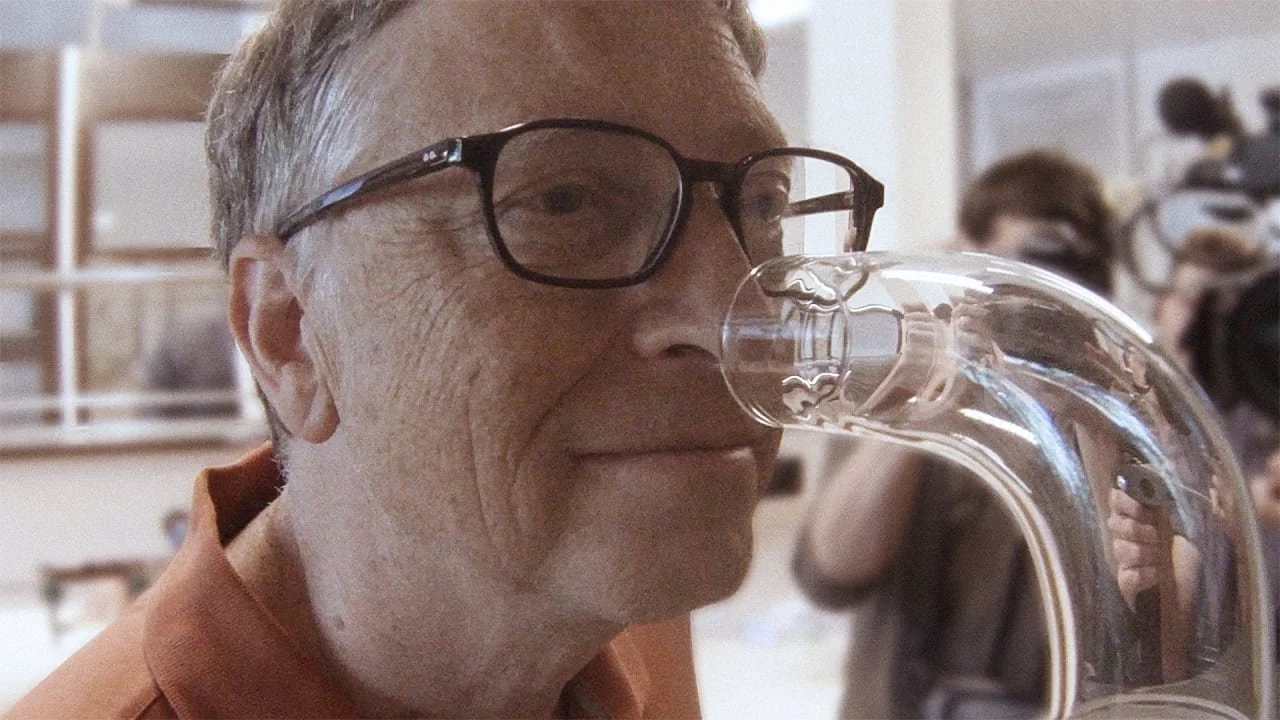Doing well by doing good
Photo: Fast Company
Today at the IIEX North America Conference, we will discuss our ZMET research into minds of sustainability innovators. One of the points emerging from the research is that for sustainability to take root in an organization, it must be perceived as a contributor to the company’s bottom line, not charity work that can be jettisoned whenever times get tough.
A classic example of this is the way in which the fragrance house Firmenich has contributed to the effort to combat the global sanitation crisis. Close to a million children under age 5 die each year from diseases caused by poor sanitation and unsafe water. Proper toilet facilities don’t exist in much of the world, and often when they do exist, often in the form of pit latrines, the horrific smell deters people from using them.
Firmenich has partnered with the Gates Foundation to create an array of products that mask the smell and thus encourage people to use the available toilet facilities. (Similarly, the company has worked with soap brands to make hand washing more appealing in developing countries.)
So, Firmenich is doing good, but it isn’t charity. Its good work has a direct effect on its financial well-being.
Sustainability is not just about saving the planet from global warming. It also deals with the social dimensions of business. These efforts often require non-traditional partnerships with NGOs and other outside organizations, including (sometimes) competitors. Firmenich is one organization that has made sustainability central to its business model and has created a fertile culture for sustainable innovations.

